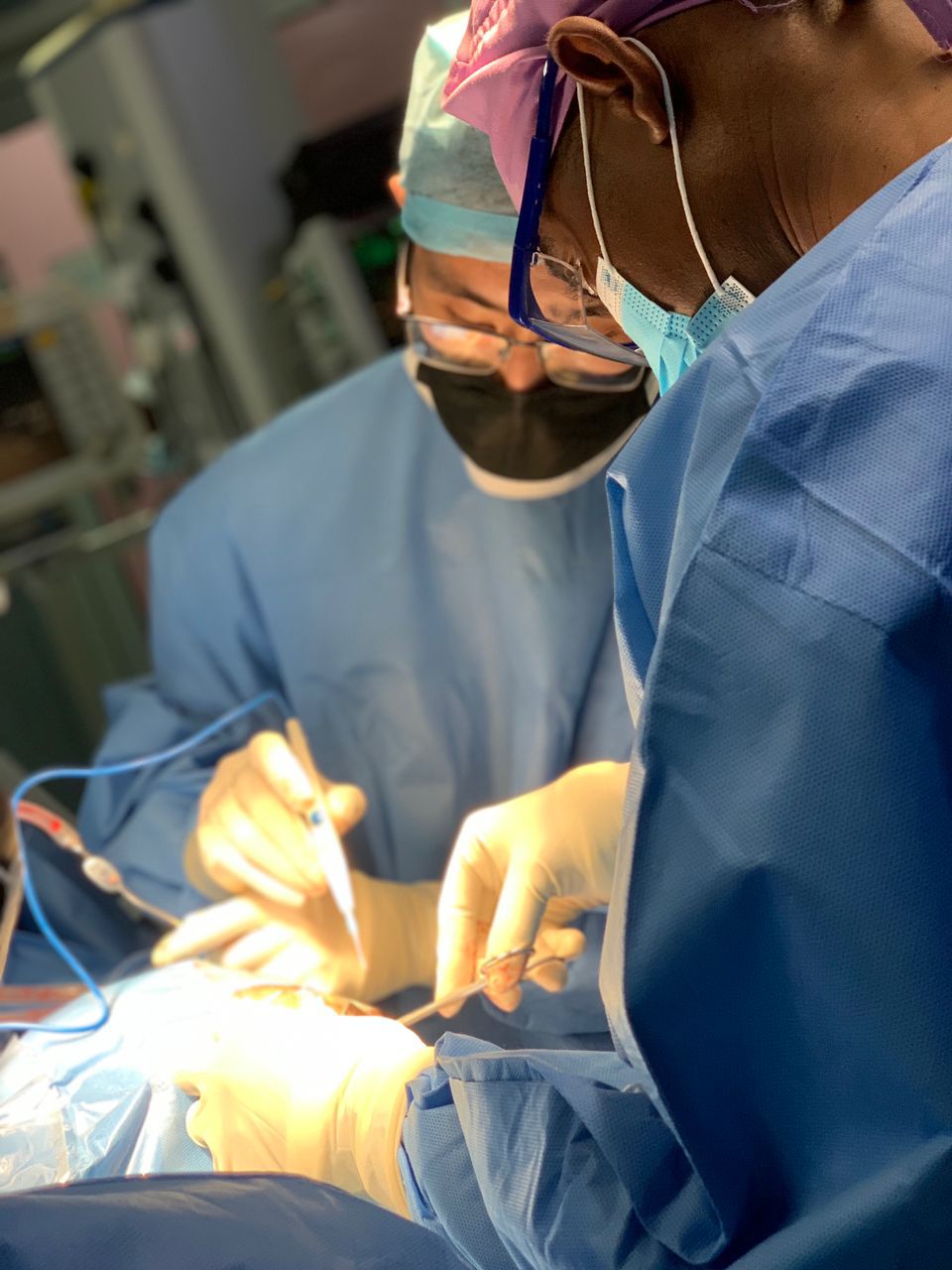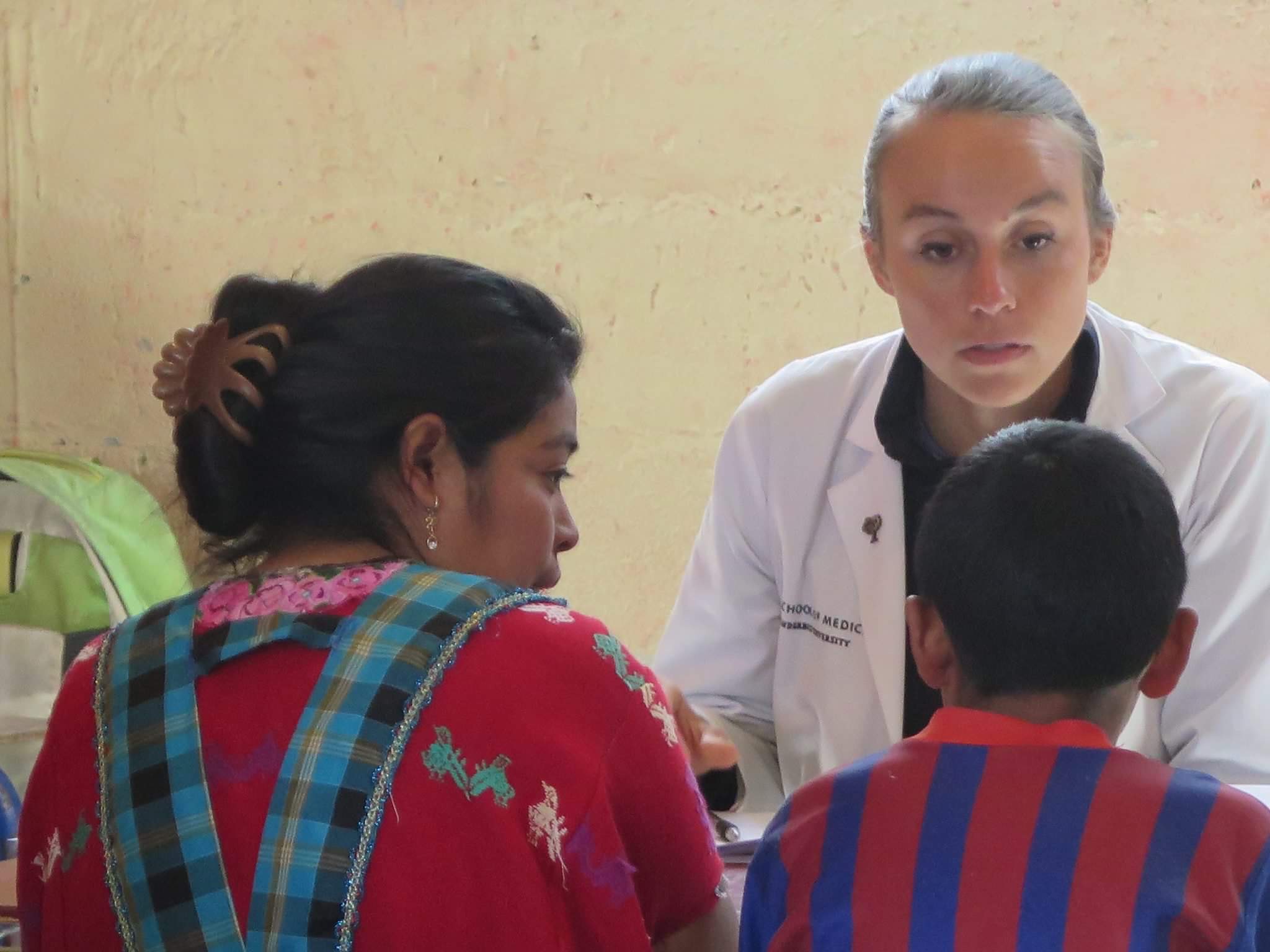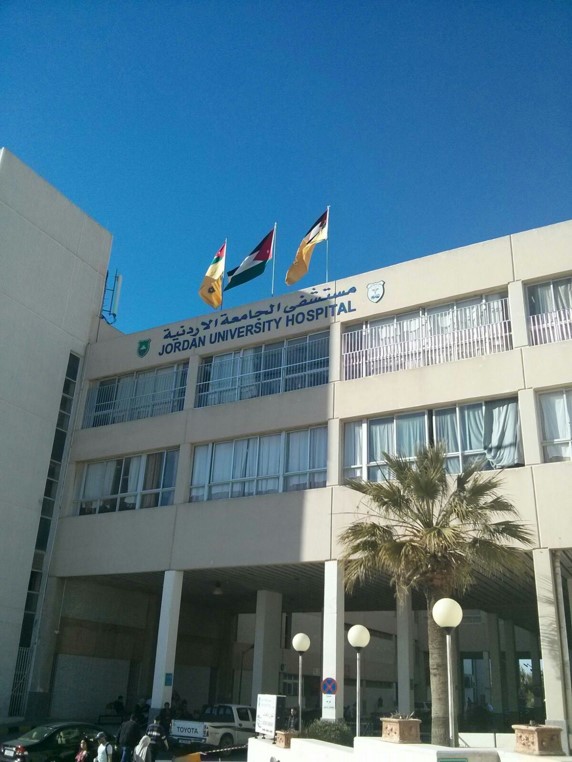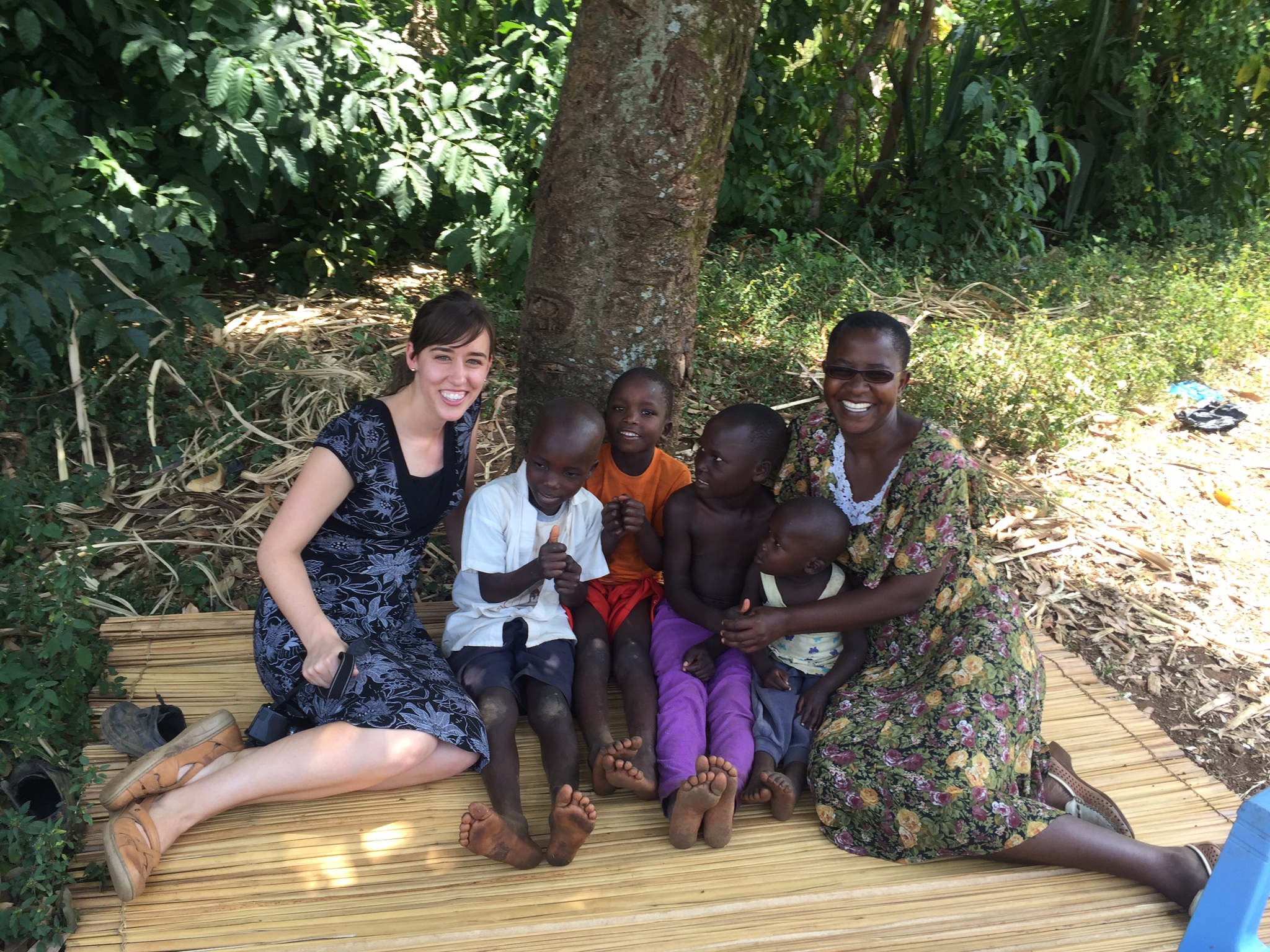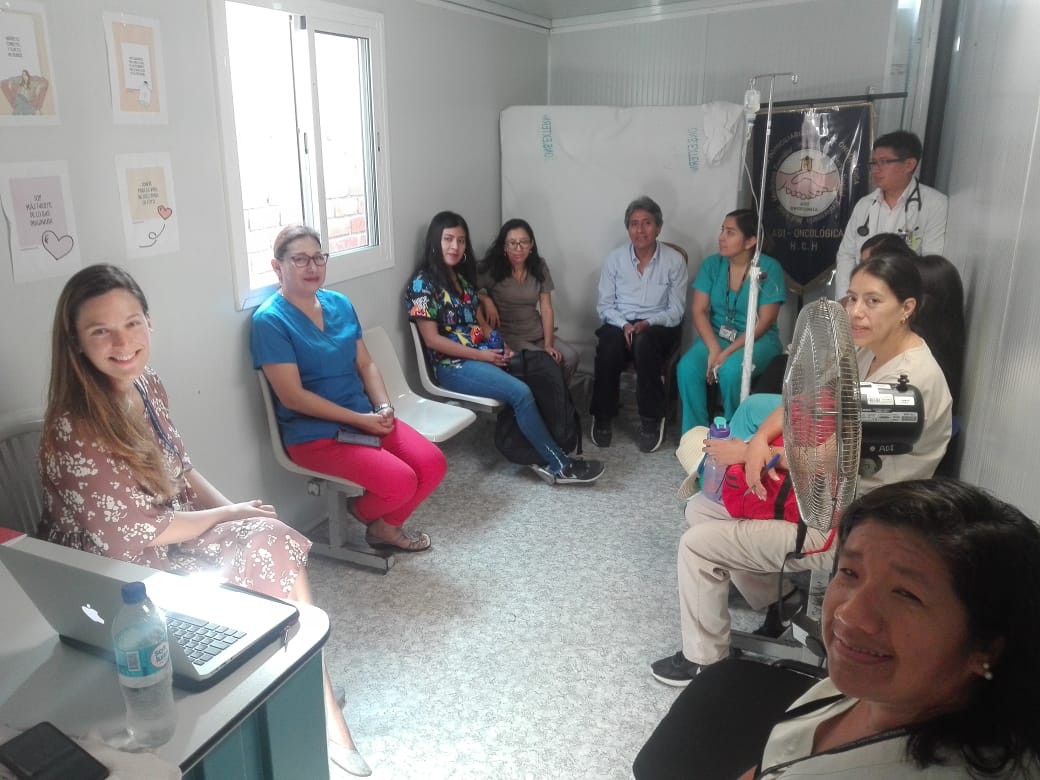ISC: Global Health
Responding to a growing need in the US for health care professionals equipped with global expertise in local and international settings, the Vanderbilt University Institute for Global Health and the Vanderbilt University School of Medicine have developed an immersion course for third- and fourth-year medical students.
Students who participate in the ISC: Global Health will gain a deep understanding of diseases in resource-constrained settings through the lens of parity, population science, epidemiology, public health, health systems, health policy, and other issues related to international development. While course didactics focus on health systems and health outcome differences, students are able to rotate in almost any specialty. Additionally, students have the opportunity to hone foreign language skills and develop lasting partnerships in a cross-cultural setting with our international colleagues.
-
In this month-long clinical rotation, students rotate at VIGH's partner sites around the world including, but not limited to, Ghana, Guatemala, Jordan, Kenya, and Peru. Once on-site, students can participate in a single or multiple rotations ranging from two to four weeks, which are selected based on both the student’s interests and the mentorship and resources available at the site.
During the month, students complete weekly online modules that introduce key concepts in global health and related foundational sciences. Foundational science topics include epidemiology, parity, ethics, health policy, health systems, and other foundational science related to the site (such as nutrition, maternal child health, and water/sanitation). Additional health and developmental issues that span nations and cultures, and which require collaborative, partnership-based action, are highlighted.
The course modules include digital lectures, articles from peer-reviewed journals, weekly discussion boards, and weekly mentoring calls with Vanderbilt faculty. Students also work with their clinical supervisor to identify a capstone project that is mutually beneficial. Prior to departure, students complete pre-departure online modules and a workshop that focus on cultural humility, ethics of engagement, professionalism, risks of traveling abroad, and understanding culture shock..
Students may participate in an immersion block at one of our standard sites (described in detail in the links below) during their 3rd or 4th year of medical school. If students have a compelling reason to participate in another site, they may propose an "alternate site" (see link below).
-
Start preparing for your global health experience by completing these steps. These steps should be initiated several months before you plan to travel.
- Confirm your course or research project with Dr. Rose
- Submit the VUSM Application for Travel Approval
- Complete the Global Safety Checklist for International Travel
- Complete Pre-departure training modules and workshop
- For ISC and AE sites that are not current VIGH partners (i.e., "alternative sites"), submit the AAMC Implementation Letter signed by your clinical site
- Submit the VIGH Pre-departure Travel Checklist
- Refer to the US Department of State for the most up to date information regarding visa information, travel advisories, and other travel information
-
Click below to view video reflections from students about their ISC experiences:
- Guatemala
- Jordan
- Lwala, Kenya
- Kaitie Geck (hear about how Kaitie combined an ISC with her research immersion project!)
- Sarah Heerboth (hear about how Sarah combined an ISC with her research immersion project!)
- Mohammed Shwetar
-
Students are responsible for the full cost of their ISC course, including but not limited to airfare, room & board, ground transportation, vaccinations, visas, and other expenses. However, internal and external funding opportunities are available to help offset the costs of an ISC. VIGH has limited funds to support ISC travel (via the Overall Family Fellowship for Research) and we encourage students to explore early for additional funding opportunities as needed. You can find information on VIGH's funding and other external sources on our funding page.
-
Students are expected to be on-site for the entire duration of the scheduled block, unless there is a VUSM conflict. If there is a known conflict, the issue must be raised early in the planning process with the ISC Course Directors. Please refer to the Vanderbilt University School of Medicine Academic Calendar and the Vanderbilt University School of Medicine Student Handbook for specific dates and expectations. In some cases, there is flexibility around ISC dates. Note that students will not be excused from required VUSM activities for ISC related activities (this includes intersession, required class sessions and/or clinical rotations at Vanderbilt). It is the student's responsibility to be in compliance with school requirements. Additionally, no holidays or vacation may be taken during an ISC course.
We recommend, but do not require, arriving to the city a couple days before the ISC begins (i.e. on the weekend) in order to settle in and acclimate to the new surroundings before beginning rotations.
-
Dr. Elizabeth Rose
- Phone: 615-875-9442
